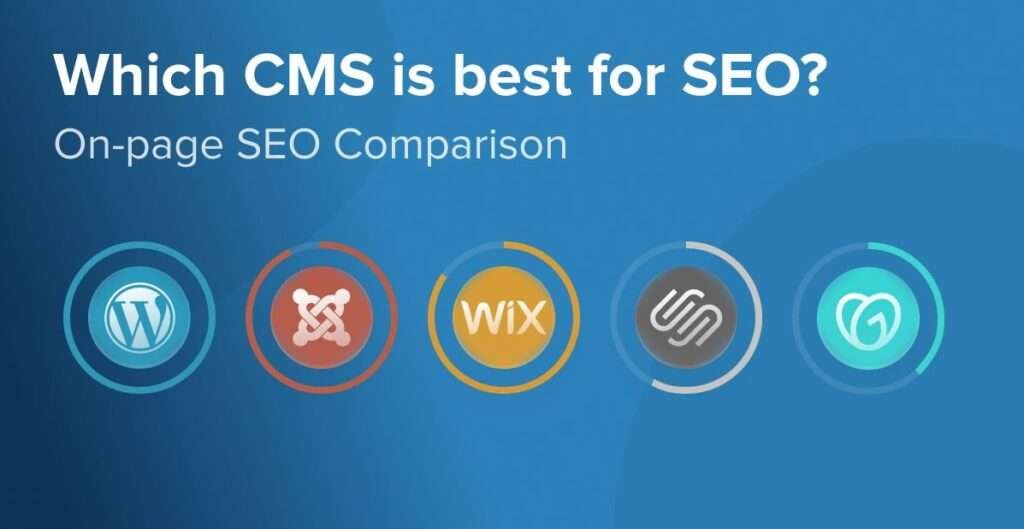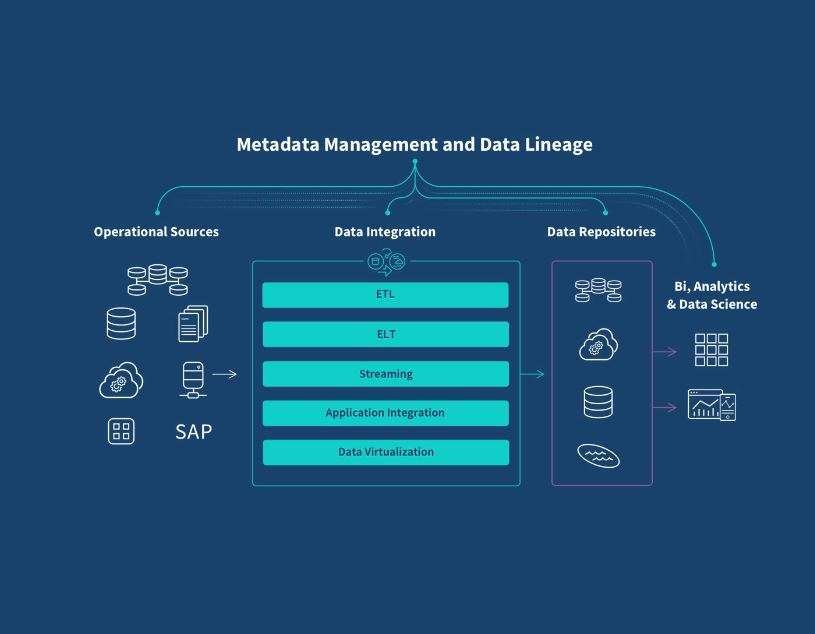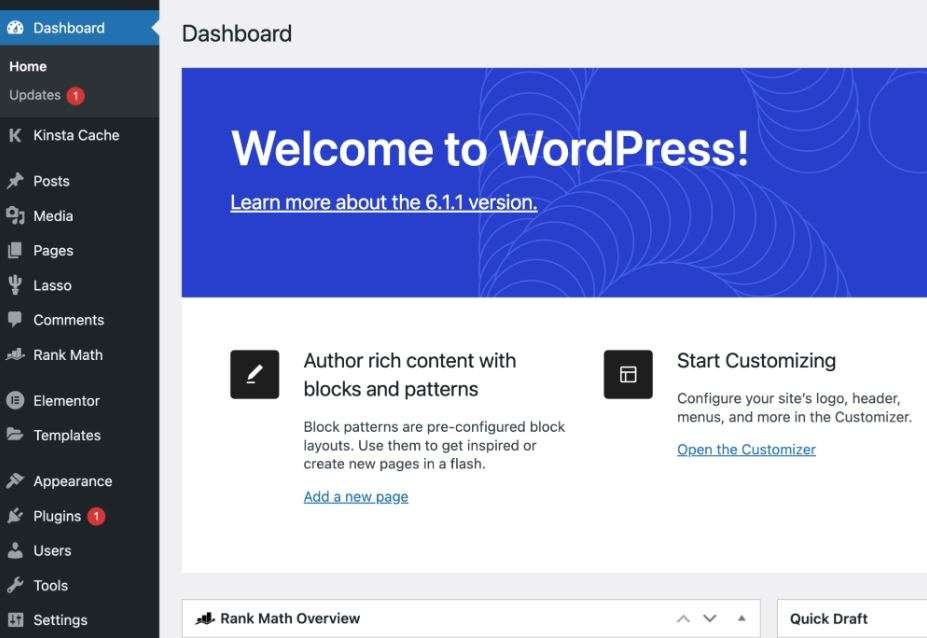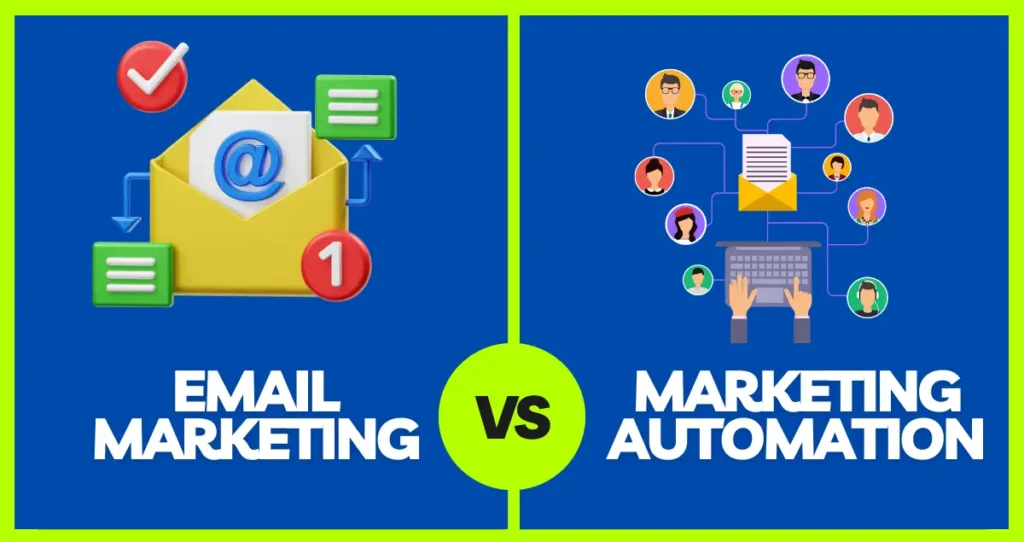An SEO-friendly content management system is a system that enables the creation, management, and optimization of digital content with rankings in search engines as a goal (CMS). Tools that boost a website’s visibility on engines like Google are essential instruments companies use to expand their digital footprint and gain more clients.
Does a CMS Matter for SEO?
It’s difficult to exaggerate a CMS’s importance for search engine optimization (SACMS, or content management system; SEO-friendly strategies can boost any website’s ranking. It accomplishes this by guaranteeing that the website’s construction, content, and metadata are all optimized to satisfy the requirements of search engine algorithms.
The Importance of CMS for SEO
The content management system, or CMS, serves as more than just a platform for managing the data stored on your website; it’s an essential tool for implementing excellent search engine optimization (SEO) techniques.
The content management system you choose can significantly impact your website’s ability to rank well in search engine SERPs and attract more organic traffic. It accomplishes this through, including

Content Updates
Search engines reward content that is updated often. Regular content updates from website owners maintain their site interesting and active. This is made easy with an approachable content management system (CMS).
URLs that are friendly to search engines
Optimizing your URLs with keywords helps improve the search engine optimization of your website. A solid CMS makes it simple to customize URLs, raising your website’s exposure.
Mobile Optimization
A website responsive to mobile devices is essential in light of mobile-first indexing. Numerous content management systems come with pre-made responsive design templates.
Optimizing Speed
The speed of a website affects its ranking. Certain content management systems come with built-in features like caching and image optimization that can improve your website’s speed.
Meta Data Management
Increasing click-through rates from SERPs can be achieved by having simple access to modify meta titles and descriptions. Simple methods for managing this metadata can be found in an SEO-friendly content management system.

Features to Look for in a CMS for SEO
Customizable Page Elements
It’s essential to have the option to alter headers, descriptions, and titles. To improve the SEO of the website, Yoast SEO and other WordPress plugins walk users through the process of optimizing these components for every page.
URL Configuration
Short, informative URLs with keywords should be optimized for search engines. For example, Drupal enables users to design unique URL aliases for any content, greatly enhancing a website’s search engine optimization.
Blogging Tools
The secret to successful SEO is consistently updated material. It’s simple to publish new content on platforms like WordPress because of their integrated blogging features, which include categories, tags, and SEO-friendly URLs.

Internal Linking
Effective internal linking techniques facilitate site navigation and assign page authority. It is possible to automate the internal linking process with CMS such as Joomla, which facilitates connecting content inside.
Taxonomy
Search engines can better comprehend and index your website if it the properly tagged and categorized material. WordPress shines when it comes to providing simple alternatives for organizing articles and pages.
Menus for navigation
Good navigation is important for SEO and user experience. Drag-and-drop menu builders are available on CMS platforms such as Squarespace, facilitating the building of user-friendly and search engine-friendly navigation structures.
301 Redirects
After a URL change, 301 redirects are necessary to preserve SEO value. For instance, Shopify has 301 redirect functionality built right in, making it simple for store owners to change outdated URLs to new ones.
Responsive Themes
A mobile-responsive website is essential in light of mobile-first indexing. Numerous responsive themes from WordPress and Webflow automatically change your site’s appearance for various devices.
SSL Certification
HTTPS is a ranking criterion, as proven by Google. All hosted websites get SSL certificates automatically from platforms like Wix, which improves their SEO.
XML Sitemaps
Sitemaps facilitate more efficient crawling of your website by search engines. All pages can be indexed thanks to the automated generation of XML sitemaps by CMS platforms like Drupal and WordPress.
Analytics Tools
SEO requires an understanding of website traffic and behaviour. With direct integration to HubSpot’s analytics tools, CMS Hub by HubSpot offers comprehensive insights into website performance.
The 9 Best CMS for SEO by Rozi Academy in 2024
Rozi Academy’s expertise highlights the importance of selecting a CMS that aligns with SEO best practices. Here’s a closer look at the top contenders:
WordPress
Known for its large range of plugins, this CMS is the most widely used one in the world. One prominent illustration is the Yoast SEO plugin, which provides extensive on-page SEO optimization capabilities.

Drupal
Provides a stable and safe foundation appropriate for intricate websites. Its comprehensive taxonomy system makes it possible to tag and categorize stuff in great depth.
Webflow
Prominent itself for its ability to create visually appealing designs and produce clean code, a crucial component of SEO. With Webflow’s CMS, designers can include SEO principles in their work.
Squarespace
Distinguished for its simple designs and user-friendliness. An appropriate sitemap.xml is automatically created and linked by Squarespace, which is essential for SEO.
Adobe Commerce (Magento)
Strong SEO tools for e-commerce websites are available from Adobe Commerce (Magento), including customizable metadata and URL structures optimized for search engines.
Shopify
A well-known e-commerce platform that makes online store SEO easier. Shopify automatically builds sitemaps and makes changing meta descriptions and titles simple.
Wix
Provides a wizard for SEO to assist novices in increasing the search engine visibility of their websites. The SEO capabilities of Wix’s platform have been improved, with faster site loads and mobile optimization, among other enhancements.
CMS Hub
Easily integrates with other HubSpot products and provides cutting-edge SEO capabilities like intelligent content and adaptive testing, which can enhance SEO while personalizing the user experience.
Joomla
Offers several SEO features right out of the box, such as the capacity to use search engine friendly (SEF) URLs and modify article information.
Pros and Cons of Top CMS Tools for SEO
WordPress
Pros: Wide selection of SEO plugins; sizable, friendly community; excellent customizability.
Cons: Without frequent updates, there is a risk of security problems; using too many plugins might negatively impact speed.
Drupal
Pros: Strong security features; incredibly scalable and customizable.
Cons: More technical knowledge is needed; not as user-friendly for novices.
Webflow
Pros: clean code output, responsive designs, visual design tool with SEO controls.
Cons: More pricey than some options; steeper learning curve.
Squarespace
Pros: Beautiful design templates; easy to use with integrated SEO tools.
Cons: More expensive; less room for sophisticated customization.
Adobe Commerce (Magento)
Pros: Lots of customization choices; scalable and powerful.
Cons: Higher hosting requirements due to complexity; demands programming skills.
Shopify
Pros: User-friendly interface optimized for e-commerce.
Cons: Transaction fees; restricted SEO customization for complex requirements.

Wix
Pros: Easy-to-use interface design; suitable for novices.
Cons: Bloated code may result from less control over SEO components.
CMS Hub
Pros: The benefits include integrated marketing tools and dependable, safe hosting.
Cons: More expensive; best suited for current HubSpot customers.
Joomla
Advantages: Adaptable and robust; ideal for social media and e-commerce websites.
Cons: Less support available; steeper learning curve than WordPress.
Choosing the Best CMS for SEO
Choosing the best CMS is a strategic choice influenced by the type of your project, your technological capabilities, and your unique requirements. Rozi Academy recommends considering a platform that meets your present needs and provides flexibility and scalability for future expansion.
Conclusion
An SEO-friendly content management system is essential for companies looking to improve their online visibility.
By selecting a content management system (CMS) with strong SEO features, businesses can optimize their website for search engines and attract more visitors and potential customers. With its all-inclusive appointment scheduling services, Rozi Academy emphasizes the importance of using the appropriate CMS to get the best SEO results. With the correct CMS, your digital marketing strategy can take a radical turn for the better, fostering success and expansion online.







